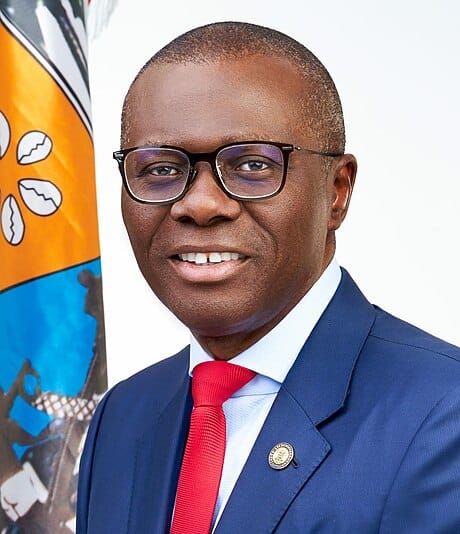Lagos State’s initiative to effectively utilize its substantial solid waste
generated received a significant boost on Tuesday, as the state announced
its readiness to collaborate with several organisations from Sweden on
transforming both solid and liquid waste into energy throughout the
metropolis.
During a meeting held at Alausa, Tokunbo Wahab, the Commissioner for
the Environment and Water Resources, emphasised the state’s
commitment to waste management.
He stated that waste should not be viewed merely as refuse but rather as a
valuable resource.
Wahab highlighted that the waste-to-energy project is a key endeavour the
government is eager to pursue, aiming to advance the narrative
progressively and productively resolve from the beginning of this tenure
that whatever we have to engage in to manage and deploy our solid and
liquid waste as a resource is a priority for this government as it will save
Lagos but other neighbouring state.
The Commissioner noted that the Ministry, as a public-facing entity, is
committed to adopting projects aimed at reducing the carbon footprint in
the state.
He noted that being a coastal state, Lagos faces significant challenges,
particularly from the rising Atlantic Ocean during the peak of the rainy
season.
Additionally, he said the state is situated at the confluence of various
tributaries that discharge water into the lagoon, contributing to the risk of
flooding.
The Commissioner further revealed that Lagos generates between 13,000
and 14,000 tonnes of waste daily. He expressed the state’s openness to
suggestions for innovative ways to convert this waste into a valuable
resource, which could drive the state’s progress.
Wahab stated that Lagos is actively working to alleviate road congestion
and transform the city into a 21st-century megacity. He added that these
initiatives have positive environmental impacts by helping to reduce
emissions over time.
He also addressed the ongoing energy crisis in Nigeria, which has resulted
in a spike in the price of PMS and its broader economic consequences.
“So if the Lagos State Government can go ahead with this project. It will
solve half of the problem of the PMS high price of PMS in Lagos.
“This project is something we have to pursue deliberately and diligently. This is because while the government on its part is trying to push out CNG
at lower cost, conversion of waste to energy will also be an option,
especially for public transport in Lagos.”
Wahab stated that Lagos accounts for over 50 per cent of the vehicular
traffic in Nigeria, despite being the smallest state by land area.
With a population of 22 million—approximately 10 per cent of the country’s
total—in less than 3,600 square kilometres, he emphasised that the project
is a necessity rather than an option.
He recalled that earlier this year, the state government engaged in
discussions with two Dutch companies: one focused on converting waste to
energy and the other on managing electronic waste.
He said the state has the potential to transform the perception of waste,
viewing it not as a burden but as a valuable resource.
Sara Ibru, head of the delegation and representative of the Swedish Consul
and Business Promotion Officer at the Swedish Embassy in Abuja,
remarked on the Lagos Government’s proactive approach to its initiatives.
She expressed that Swedish organisations are eager to collaborate with
Lagos State to convert solid and liquid waste into valuable resources.
The commissioner was accompanied by the Permanent Secretary of the
Office of Environmental Services, Gaji Omobolaji Tajudeen, and the
Permanent Secretary of Drainage Services, Engr. Mahamood Adegbite, to
welcome the visitors.
The visiting organisations included the Swedish Trade and Investment
Council (Business Sweden), the Honorary Consul of Sweden in Nigeria, the
Swedish Development Agency (SDA), the NIR International Council of
Swedish Industry, and Swedfund.



